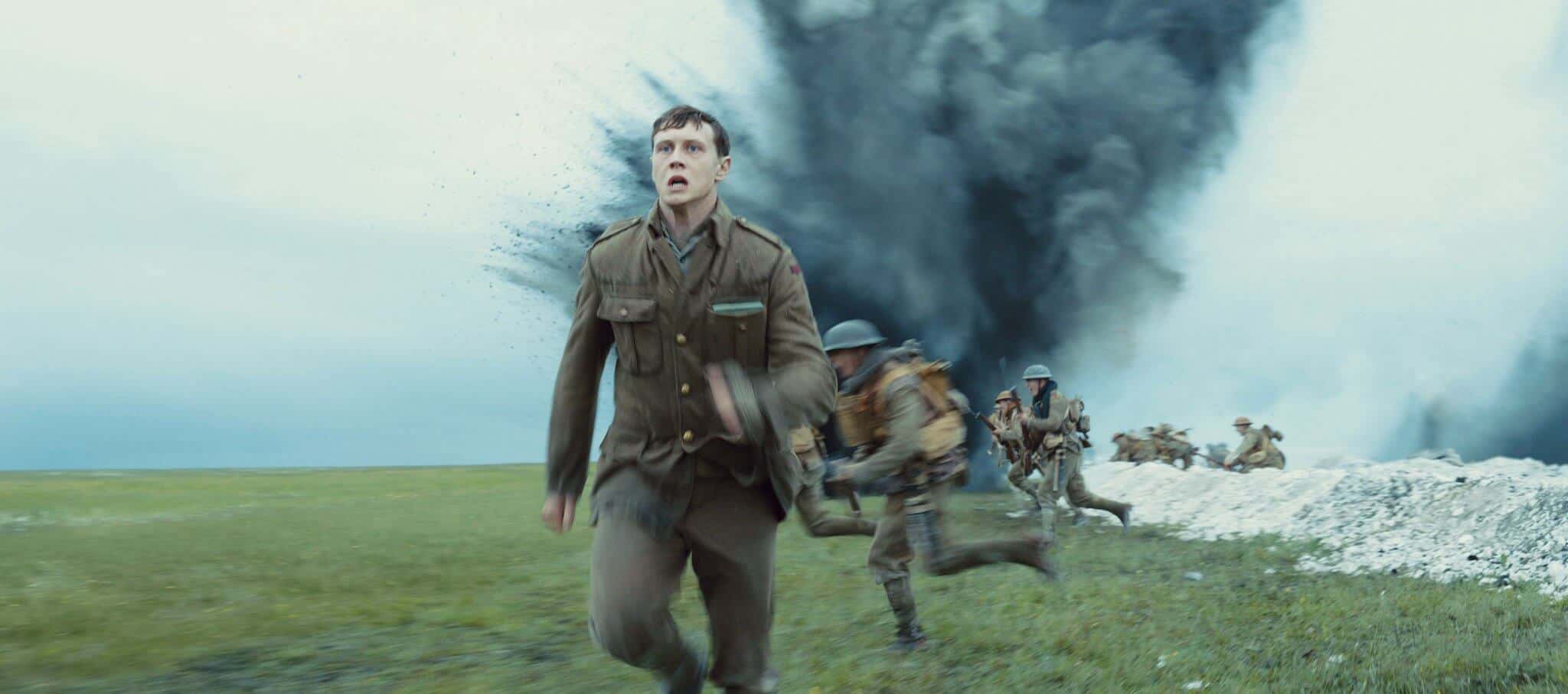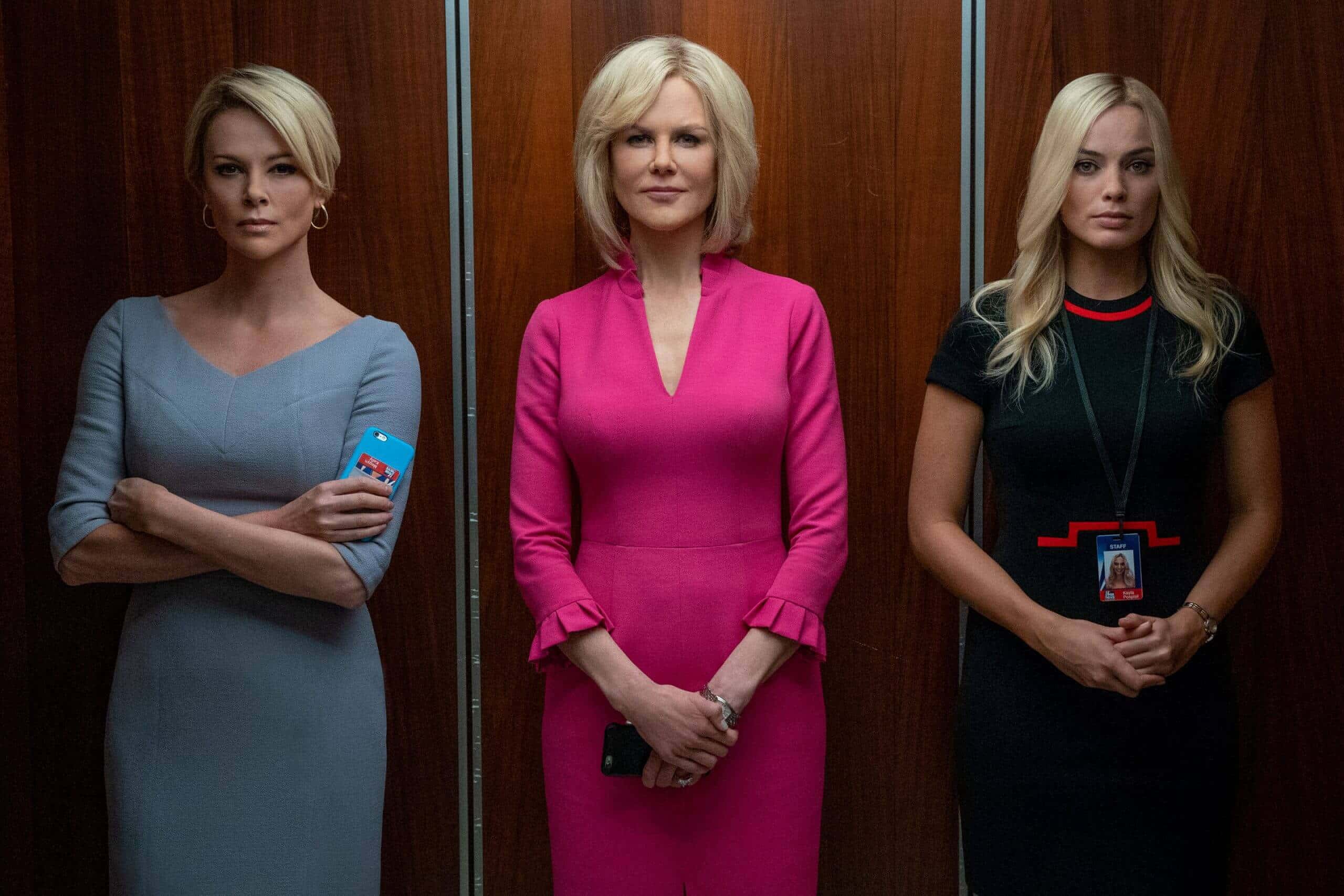Movie Review: 1917
14th January 2020
Copyright: eOne
I’d always thought that the sheer volume of television programmes, films, books and art pieces providing us with coverage of the tragedies detailed in the First World War were more than enough to whet the appetite of even the most docile of interests. Evidently not, and as we steer our way toward the beginning of 2020, the Great War is still as relevant to cinema as it is to those we remember from over one hundred years ago. 1917 takes a small snippet of history, a whole day in the life of two soldiers, tasked with delivering a message to the frontline in the hopes of delaying an attack that will save the lives of thousands of British troops.
Director Sam Mendes teams up with legendary cinematographer Roger Deakins to provide one of the best-looking films of the past decade, utilising extremely enjoyable camera movements with a simple story of survival and perseverance. Mendes’ ability to utilise the camera into mimicking one long shot is admirable, it’s certainly nothing new but with the complexity of some of the shots throughout and the sense of impending disaster, 1917 feels like a heart stopping thrill ride from start to finish. There’s little downtime for our leading characters, Schofield (George MacKay) and Blake (Dean-Charles Chapman).
With two performances leading the way, it’s a shame that at times the chemistry is lacking between Chapman and MacKay, with the former providing a shaky presentation of life on the front line. MacKay thankfully takes lead, providing some certifiable highs and noticeable lows as we collide with an up and coming actor looking to prove himself on the chance of his big break. No stranger to the big screen, MacKay has a few supporting roles dotted around his filmography, but 1917 is the film where we get to see his abilities as a performer shine through.
Aided greatly by a slew of recognisable British actors including Colin Firth, Mark Strong, Andrew Scott and Benedict Cumberbatch, 1917 leans on these performances ever so slightly to add some extra characters into the mix; presumably this is in the hopes of not making this a film where grunting, shouting and shooting aren’t the only dialogue choices. Essential set pieces make up most of the time, with tensions and desperation running high and time running out, the last half hour of the film is a tremendous effort, pooling all the strengths of the film into some fitting closure, beautiful cinematography and fine acting.
It’s a shame then that not all of the film can pull together like that, and it feels that a handful of scenes are included just to knock a few award nods toward the film. Scenes of a darkened France, lit up only by fires and flares; it certainly looks impressive, but we focus on it for far too long with Mendes trying aimlessly and desperately to showcase how great his camera movement is. He does manage some incredible work throughout, almost effortlessly in some scenes, yet it’s when he tries to focus in on these moments that 1917 comes crashing down. It turns from believable and climactic war film to podgy can-can of camera work.
By far one of the more impressive films to release in the past few years, from a technical and storytelling standpoint, 1917 is a cracking blend of serviceable plot devices and an incredible dedication from behind the camera. Mixing together rather well, we’re handed a tight, emotionally fumbling film that highlights the dangers of armed combat.

